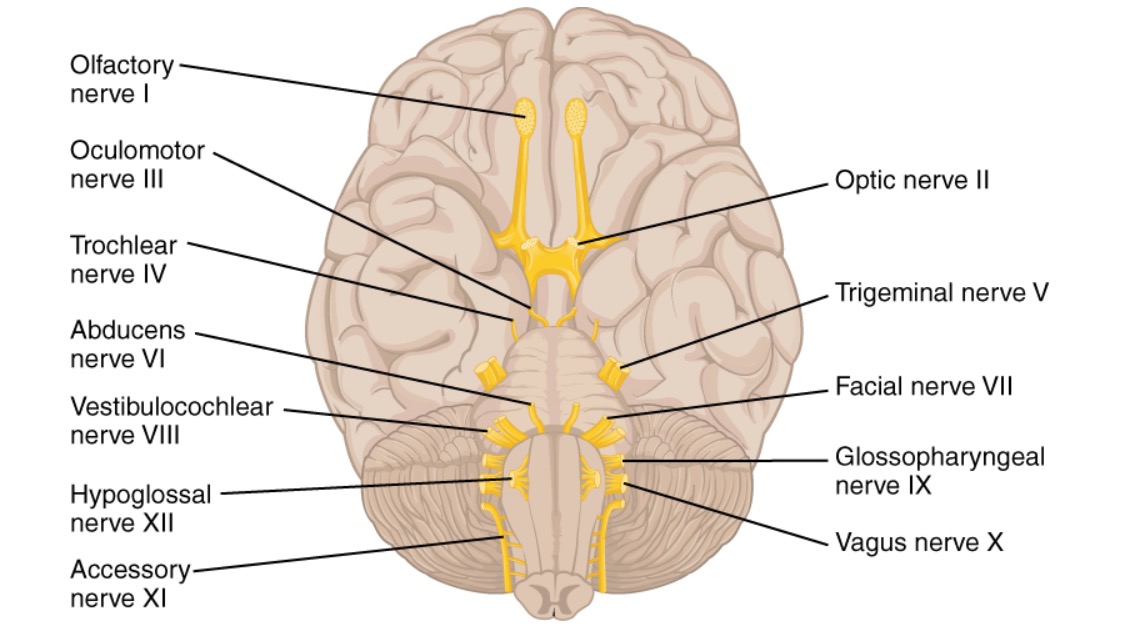Playlist
Show Playlist
Hide Playlist
Cranial Nerve VIII: Vestibulocochlear Nerve
-
Slides 8 CranialNerves 2 BrainAndNervousSystem.pdf
-
Reference List Anatomy.pdf
-
Download Lecture Overview
00:00 Next is our vestibulocochlear nerve, cranial nerve number VIII. It only has one functional component and that is special afferent. 00:13 The cranial nerve is transmitted through the internal acoustic meatus. 00:23 The functions conveyed through the special afferent nerve fibers are going to convey hearing as well as balance. Clinical considerations that relate to the vestibulocochlear nerve would be tinnitus or ringing of the ears. A lesion of the nerve could result in hearing loss. 00:51 If the apparatus responsible for equilibrium is damaged, individuals may have an impairment of their ability to maintain their equilibrium. Causes of lesions of the vestibulocochlear nerve would include a tumor, neoplasm. An infarction of the vestibular apparatus, vestibular nuclei for example, could cause disruption of this particular pathway. Drugs may also cause some of the symptoms associated with this nerve. Infections may also cause some of the clinical symptoms that we saw in the previous slide.
About the Lecture
The lecture Cranial Nerve VIII: Vestibulocochlear Nerve by Craig Canby, PhD is from the course 12 Cranial Nerves and Their Functions.
Included Quiz Questions
Which condition would not result from vestibulocochlear nerve infection?
- Hyperacusis
- Equilibrium impairment
- Vertigo
- Hearing loss
- Dizziness
Customer reviews
5,0 of 5 stars
| 5 Stars |
|
5 |
| 4 Stars |
|
0 |
| 3 Stars |
|
0 |
| 2 Stars |
|
0 |
| 1 Star |
|
0 |




